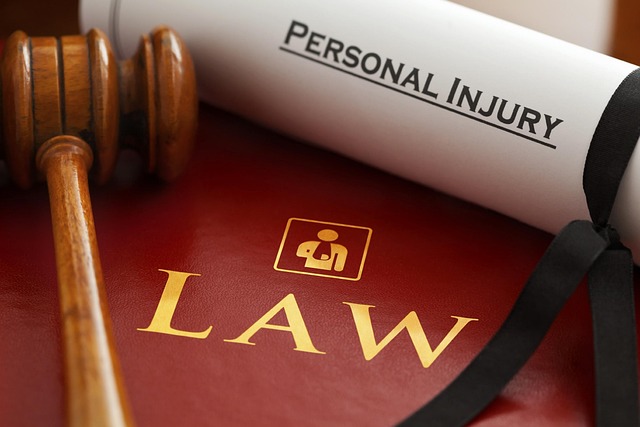Cyclists in Manhattan enjoy legal protections as vehicle operators, adhering to traffic laws and enjoying dedicated bike lanes for safety. Understanding rights, especially regarding lane usage, is vital to avoid accidents, particularly for individuals with brain damage navigating dense traffic like that in Queens. Brain damage lawyers in Queens assist clients facing complex legal issues stemming from bicycle-related incidents, emphasizing the importance of knowing one's rights and local laws for safer cycling conditions.
In the bustling metropolis of Manhattan, understanding cyclist rights and traffic laws is paramount for both riders and drivers. This article explores the intricate dynamics between cyclists and vehicles, focusing on safety measures and common challenges faced by cyclists, with a special consideration for brain damage claims in Queens. As cycling gains popularity, knowing your rights and navigating city streets safely becomes essential, especially for residents seeking compensation for brain-related injuries with the help of a dedicated Queens Brain Damage Lawyer.
- Understanding Cyclist Rights and Traffic Laws in Manhattan
- Navigating Safety Measures and Common Challenges Faced by Cyclists in Queens with Brain Damage Claims in Mind
Understanding Cyclist Rights and Traffic Laws in Manhattan

In Manhattan, cyclists have specific rights and protections under traffic laws. It’s crucial for both cyclists and drivers to understand these regulations to ensure safe sharing of the road. Cyclists are considered vehicle operators and have the same rights and responsibilities as drivers. They must follow traffic signals, stop signs, and yield to pedestrians. However, they also benefit from specific provisions like bike lanes, which offer a dedicated space on the road for cyclists, enhancing safety and visibility.
When navigating Manhattan’s bustling streets, cyclists should be aware of their right of way in various scenarios. Generally, cyclists have the right to occupy the full lane when necessary to avoid hazards or make turns. They can also pass vehicles on the right if it’s safe and there’s enough space. Understanding these rights, as well as the responsibilities of drivers, is essential for preventing accidents and injuries. For instance, a Queens Brain Damage Lawyer might advise clients on how to navigate legal complexities arising from bicycle-related incidents, emphasizing the importance of knowing one’s rights and the applicable laws.
Navigating Safety Measures and Common Challenges Faced by Cyclists in Queens with Brain Damage Claims in Mind

Navigating Manhattan’s streets as a cyclist can be challenging, especially for those with brain damage who may face unique obstacles. In Queens, where the traffic flow is dense and constant, cyclists must be ever-vigilant. Common challenges include unpredictable vehicle movements, narrow pathways, and sudden changes in lane usage. With brain damage, which can impair cognitive functions and reflexes, these hazards become even more daunting.
Safety measures are crucial for all riders, but particularly so for those with special needs. Queens brain damage lawyers often see cases where cyclists with traumatic brain injuries (TBI) suffer due to driver negligence or inadequate infrastructure. This includes lack of designated bike lanes, poor lighting, and inconsistent enforcement of traffic rules designed to protect vulnerable road users. Understanding these challenges is the first step in advocating for safer cycling conditions, both for individuals with brain damage and for all Manhattan cyclists.
In navigating the complex interplay between cyclist rights, traffic laws, safety measures, and potential brain damage claims, understanding your legal standing is paramount. Whether you’re cycling in Manhattan or facing a brain damage claim in Queens, being aware of your rights and the unique challenges in each area can significantly enhance your safety and legal protection. Remember, a Queens Brain Damage Lawyer can offer invaluable guidance tailored to these specific circumstances, ensuring you receive the justice and support you deserve.
